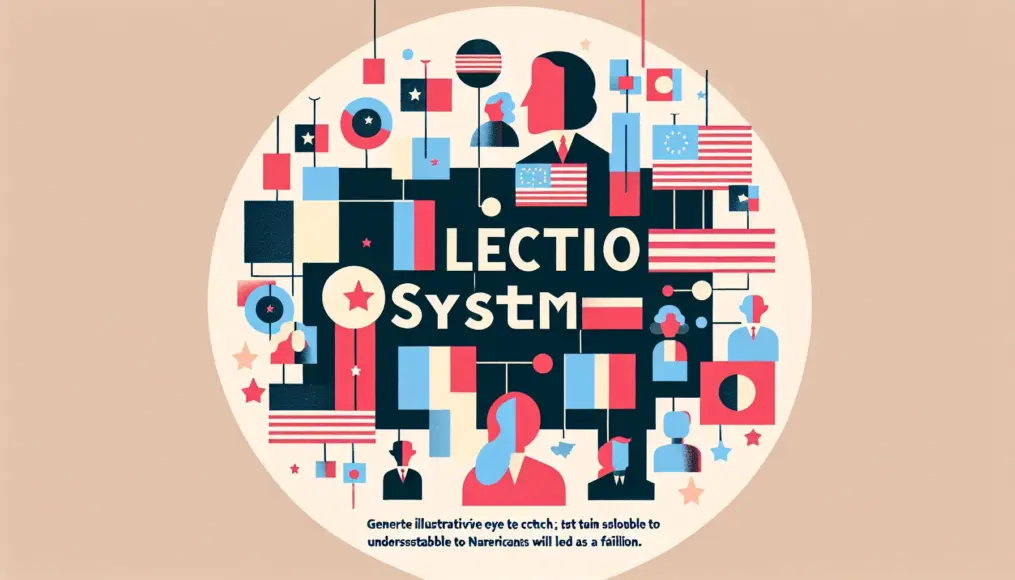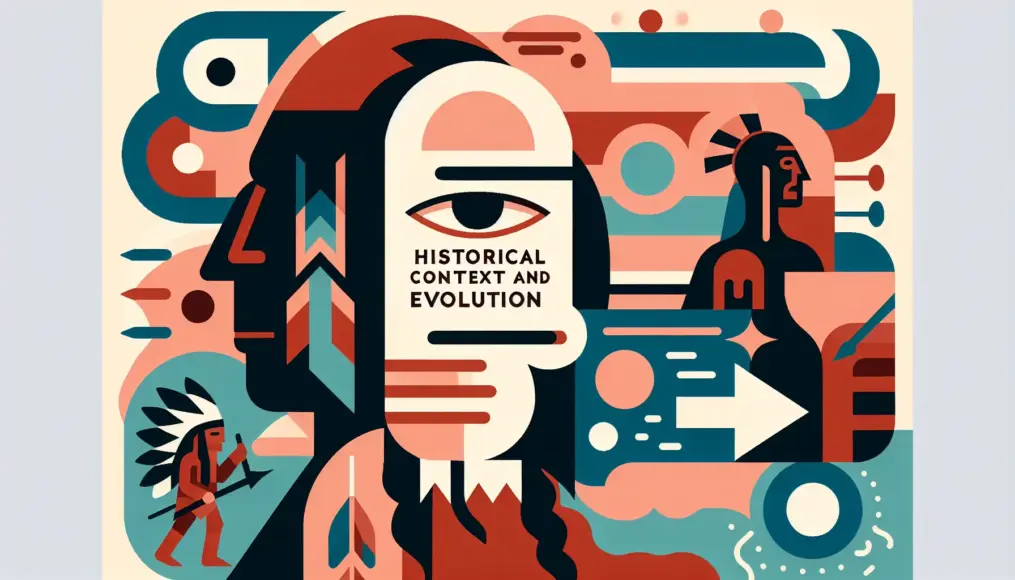Voting is a fundamental act that shapes our society. By exercising our right to vote, each of us has the opportunity to express our opinions and hopes for the future. However, how many people truly grasp the impact of their vote and the legal framework that supports it?
In this article, we’ll delve into the significance of voting rights for citizens, explore the history of voting in Japan, and examine the challenges facing modern voting systems. Let’s reflect on how our voting behavior underpins democracy.
- Grasping the power of voting and our responsibilities as citizens
- A look back at the history of voting rights in Japan and legal changes
- The challenges of today’s voting systems and their cultural significance
1. The Importance of Voting Rights for Citizens
Voting rights play a crucial role in our society. Through the act of voting, we express our opinions and participate in shaping the future of our community. Understanding and exercising our voting rights is, therefore, a fundamental responsibility of citizenship. In this section, we’ll delve into the impact of voting and the responsibilities that come with being a citizen.
The Impact of Voting
Voting is not just a routine action; it’s a vital opportunity for us to make choices about the society we live in. For instance, the leaders and policies we elect can significantly influence our daily lives. Decisions regarding education, welfare, and environmental issues, among many others, are directly affected by our votes.
Moreover, voting serves as a means to convey our voices to the political sphere. When voter turnout is high, politicians and political parties tend to take the opinions of the public more seriously. This increases the likelihood that important issues closely related to our lives will move in a positive direction.
- Voting is a way to reflect our opinions in politics
- Higher voter turnout makes politicians pay more attention to the public’s voice
- Policy changes resulting from voting can impact our lives significantly
Responsibilities as a Citizen
Exercising our voting rights is not merely a privilege; it’s also a responsibility. When we choose not to participate in elections, we risk allowing the opinions and values of others to take precedence over our own. This could lead to our perspectives being overlooked, highlighting the importance of actively engaging in the voting process.
Furthermore, voting is a critical action that shapes our future. The leaders we elect through elections will set policies and build the framework of our society. Therefore, it is essential to ensure our opinions are represented by consistently participating in the voting process.

If you’re interested in this topic, we recommend checking out the article “What is the House of Councillors Election? A Comprehensive Explanation of the Election’s Background and the Importance of Political Participation.” This piece explores the unique features of the electoral system and its significance, offering deep insights into how citizen political participation influences society. It’s a valuable resource for anyone considering the exercise of their voting rights.
- Voting is a vital responsibility of citizenship
- Not voting carries the risk of letting others’ opinions take precedence
- It’s necessary to actively vote to ensure our voices are heard
2. The History of Voting Rights in Japan
The history of voting rights in Japan is a crucial theme when considering our current democracy. Particularly after World War II, political reforms led to significant changes in the voting rights of citizens, expanding opportunities for the general public to engage in politics. In this section, we will explore how post-war political reforms influenced voting rights and the evolution of voting laws that followed.
Post-War Political Reforms and Voting Rights
After the war, Japan underwent major reforms to establish a new political system that included significant changes to voting rights. In 1946, a new constitution was enacted, explicitly granting equal voting rights to all adult men and women. This reform marked a pivotal step forward, evolving from the restricted voting rights of the pre-war era to an age where citizens could widely participate in politics.
During this time, various voices from society began to be reflected in the political sphere, deepening the meaning of voting. It can be said that an environment was created where each citizen could express their opinions and thus nurture democracy.
- Equal voting rights granted to all adult men and women with the enactment of the 1946 constitution
- A significant transformation from the limited voting rights of the pre-war period
- Establishment of an environment where the voices of the public are reflected in politics
Evolution of Voting Laws
Since then, Japan’s voting laws have continually evolved with the times. For instance, in the 1950s, procedures for voting were streamlined, making the voting process more efficient. By the 1990s, efforts were made to improve accessibility at polling places, enabling more people to participate in elections.
Moreover, recent years have seen an increase in the use of the internet for providing information about voting, enhancing public understanding. However, this growth has also brought challenges, including a decline in voter turnout. These changes illustrate that while Japan’s voting laws are continuously evolving to meet the needs of the populace, we must not overlook the challenges we face.
- Voting laws continue to evolve with the times
- Streamlining of procedures and advancements in accessibility during the 1950s
- Increased information availability via the internet and the challenge of declining voter turnout
3. The Modern Voting System and Its Challenges
In contemporary Japan, the voting system serves as a vital tool for political participation. However, recently, the declining voter turnout has raised concerns, leading to a situation where the voices of the citizens are not adequately represented. In this section, we will explore the factors contributing to the decrease in voter turnout and the necessity for legal reforms to address this issue.
Factors Behind the Decline in Voter Turnout
There are several reasons for the drop in voter turnout. One significant factor is the waning interest in voting, particularly among younger generations. Many young people seem to have lost interest in politics, leading to a lack of motivation to head to the polls. Additionally, the scarcity of information about voting can hinder people’s willingness to participate. When election details and candidate information are unclear, it’s no wonder that voters may feel confused about how to cast their ballots.
Moreover, some voices have pointed out that the current voting methods are outdated. For elderly individuals or those with disabilities, heading to polling stations can pose a considerable challenge. Without addressing these issues, it will be difficult to reverse the trend of declining voter turnout.
- Decreased interest in voting is lowering turnout rates
- Lack of information creates barriers to participation
- Current voting methods are inconvenient for some individuals
The Need for Legal Reforms
To increase voter turnout, legal reforms are essential. For instance, implementing online voting and improving accessibility at polling places are crucial steps toward creating an environment where more people can participate. These changes would make it easier for busy individuals and those with mobility challenges to vote, thereby boosting their willingness to engage in the electoral process.
Furthermore, enhancing education around voting is also important. Strengthening political education in schools and communities will help deepen understanding of the significance and mechanics of voting, empowering citizens to form their own opinions and prepare to vote.
As we move towards legal reforms and improved education, we may be able to create a society where the voting rights of citizens are truly respected and utilized.
- Legal reforms such as online voting and improved accessibility are necessary
- Enhancing education to encourage voter participation is crucial
- Creating an environment that respects and utilizes citizens’ voting rights is essential
The Significance of Voting from a Cultural Perspective
Voting is not just a procedure; it’s a vital act that deeply reflects our culture and values. The choices we make at the ballot box play a crucial role in shaping the direction and future of our society. In this section, we’ll explore the relationship between voting and civic awareness, as well as how culture influences voting behavior.
Voting and Civic Awareness
Voting encourages each citizen to actively engage with their civic responsibilities. Expressing your opinion through your vote is not merely an exercise of rights; it’s also a responsibility as a member of society. When civic awareness increases, more people become interested in political and social issues, taking steps toward building a better community.
Moreover, in areas where voting participation is high, connections among citizens tend to strengthen. By respecting each other’s opinions and discussing local issues, communities can uncover more effective solutions. In this way, voting enhances civic consciousness and contributes to the overall vitality of society.
- Voting is an important act of fulfilling civic responsibility
- Increased civic awareness leads to greater social engagement
- Voting behavior strengthens community connections
The Influence of Culture on Voting Behavior
Culture significantly impacts our voting behavior. For instance, local traditions and values can influence which candidates or policies receive support. Different cultural backgrounds lead to varied perspectives and approaches to politics, resulting in diverse voting behaviors.
Additionally, the roles of media and educational institutions are crucial. When information reflects cultural values, it can shape the voting behavior of citizens. This is especially true for younger generations, as the information they encounter will play a major role in shaping their future voting habits. In the evolving society ahead, it is essential that we understand the influence of culture on voting behavior and engage with it consciously.
- Culture brings diversity to voting behavior
- Local traditions and values affect candidate support
- Information dissemination plays a crucial role in shaping citizens’ voting behavior
Summary
Our voting rights are an essential part of our identity as citizens and a crucial means of participating in politics. Following the political reforms after World War II, the expansion of voting rights created an environment where our voices could be reflected in political decisions. However, today we face challenges such as declining voter turnout and cultural factors that hinder the expression of our opinions. It’s vital that we reaffirm the significance of voting and work toward a society where more people can participate.
Voting is not just a mere act; it’s a significant choice that shapes our future. By raising our civic awareness and approaching voting with a cultural perspective, we take a step toward building a better society. Now is the time for each of us to engage with voting and take action.
- Voting rights are a fundamental part of our rights as citizens.
- The decline in voter turnout is a pressing issue that needs addressing.
- Culture and civic awareness greatly influence voting behavior.
Let’s cherish our opinions and make it a point to vote in the next election! We welcome your comments and thoughts. Your voice has the power to shape the next society.



Comment